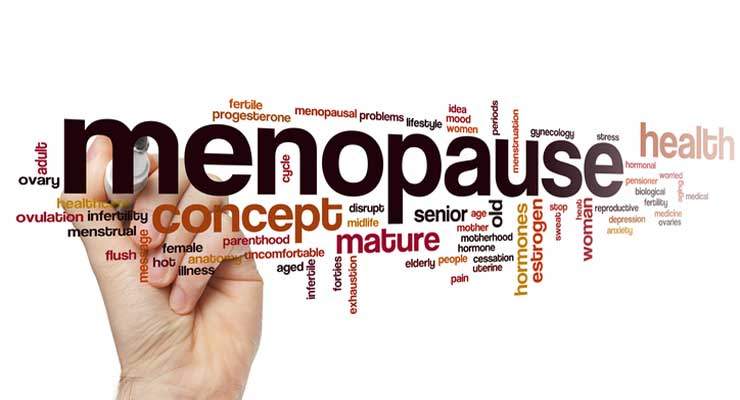Search Results for: menopause symptoms
Menopause Symptoms & Sex
Menopause is the time in a woman’s life when she stops menstruating and thus can no longer bear children, according to Net Doctor. While the hormonal changes in a menopausal woman’s body can wreak havoc on previously enjoyed activities, including intercourse, this phase in life does not necessarily mean the end of sex, notes “Woman’s Day Magazine.”
Menopause & Pregnancy Symptoms
Some expectant moms may initially mistake their pregnancy symptoms for those associated with impending menopause, according to the Option Line website. While many moms over 35 have healthy babies, prenatal care is especially important due to older pregnant women’s markedly increased risks of pregnancy complications, according to the Mayo Clinic. Learning more about the commonalities between pregnancy and menopause symptoms may help you evaluate whether pregnancy is a possibility in your life at this time, rather than menopause.
Menopause: 5 Things To Know
Menopause. The word alone can bring on emotions of fear, sadness, and anxiety. That is understandable when the list of symptoms is long and can include things like hot flushes up to 50 times a day; erratic and unpredictable vaginal bleeding; weight gain; loss of muscle mass; anxiety and depression; acne; brain fog; difficulty sleeping;…
Over-the-Counter Medicine for Menopause
Hot flashes, vaginal atrophy, relaxation of the pelvic muscles and hair growth where you don’t want it and hair thinning where you do. If that litany doesn’t make you want to scream, it will surely have you running to your nearest pharmacy for some help. Over-the-counter (OTC) medicines are available for menopausal women. Just make sure you know what’s what.
Signs of Pregnancy vs. Menopause
During the typical childbearing years of 18 to 35, signs of pregnancy are often obvious and indicate conception. The perimenopause period, however, which occurs during the two to eight years leading to menopause, can produce issues that are similar to pregnancy symptoms. As you go through your perimenopause years, you will be more inclined to wonder which condition is causing your current symptoms.





